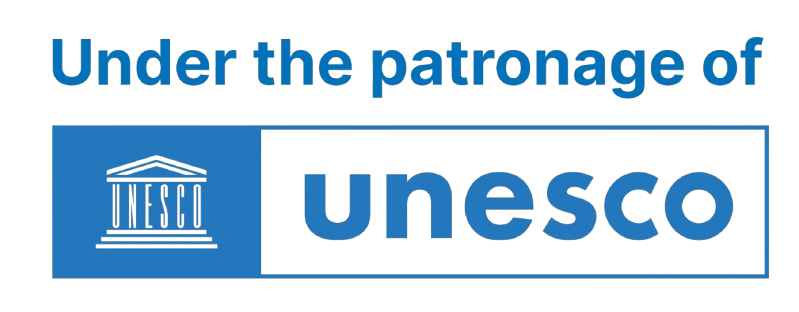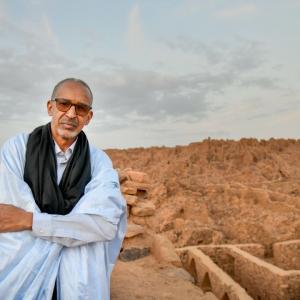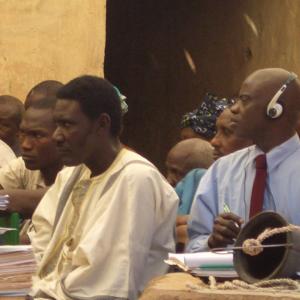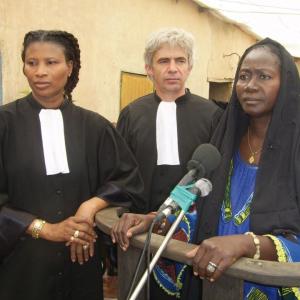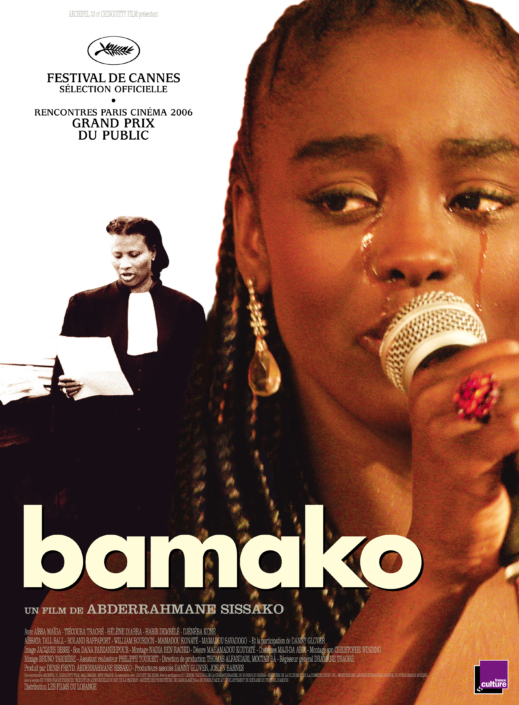
BAMAKO
Melé is a singer in a bar, and her husband Chaka is unemployed. Their marriage is falling apart. In the courtyard of the house they share with other families, an unusual tribunal has been set up. Representatives of African civil society have initiated a legal case against the World Bank and the International Monetary Fund (IMF), holding them responsible for the economic and social crisis plaguing Africa. As the court hearings unfold, with impassioned pleas and powerful testimonies, life continues in the courtyard. Chaka, however, remains detached from this unprecedented attempt by Africa to assert its rights and demand justice...
This film takes place in Bamako, Mali, and uses a unique courtroom setting to explore the complex issues of globalization and its effects on Africa, as villagers "put on trial" the World Bank and the International Monetary Fund. Through its blend of fiction and documentary, Bamako highlights the everyday struggles of African life under global economic pressures.
A film by Abderrahmane Sissako
Cast:
Aïssa Maïga
Tiécoura Traoré
Hélène Diarra
Habib Dembélé
Djénéba Koné
Hamadoun Kassogué
Producers:
Archipel 33
Chinguitty Films
Co-producers:
Mali Images
Arte France
Louverture Films
Nationalities:
France, Mali
Screenplay:
Abderrahmane Sissako
Cinematography:
Jacques Besse
Editing:
Nadia Ben Rachid
Sound:
Dana Farzanehpour
Production Design:
Mahamadou Kouyaté
Costumes:
Maji-da Abdi
Runtime:
1h58
Film Length:
3,268 meters
Audio Format:
Dolby SRD
Year of Production:
2006
Trailer:
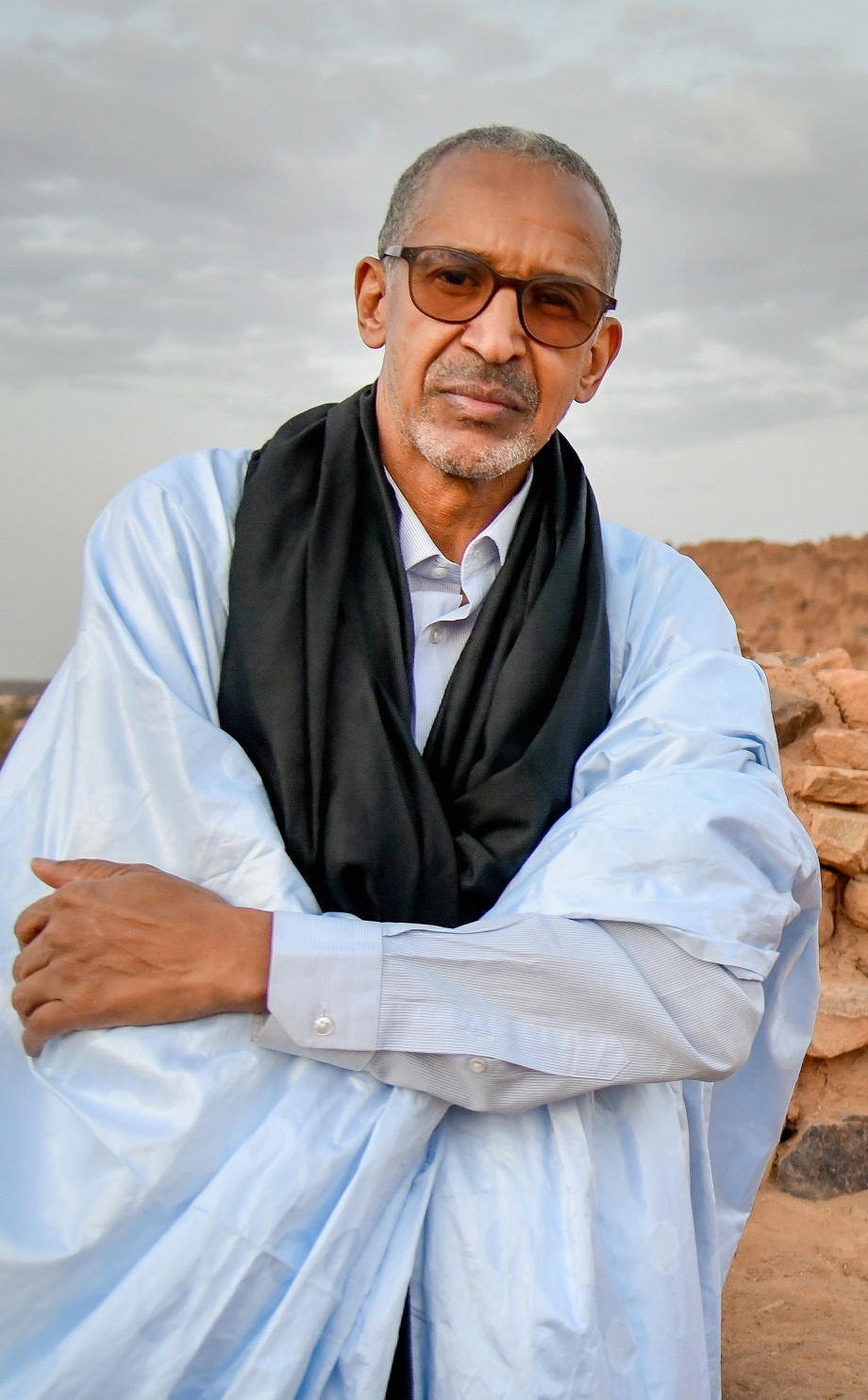
Abderrahmane Sissako
Born in Kiffa, Mauritania, on October 13, 1961, Abderrahmane Sissako is a filmmaker known for his humanist and politically engaged works, which explore the complex relationships between the Global North and South, as well as the plight of a suffering African continent.
Sissako’s life and career span multiple cultures and continents. He spent his childhood in Mali before moving to Moscow in 1983, where he studied at the renowned VGIK, the State Institute of Cinema. There, he completed his first two short films: Le Jeu and Octobre, the latter of which was presented in the "Un Certain Regard" section at the 1993 Cannes Film Festival. In 1995, he directed Le Chameau et les bâtons flottants, a short film inspired by fables of La Fontaine, followed by Sabriya, part of the Africa Dreaming series.
In 1998, Sissako directed Life on Earth, a return to his homeland, which carried a bittersweet tone and drew inspiration from the writings of Aimé Césaire. Four years later, he filmed Heremakono – Waiting for Happiness in Mauritania. The film was well-received at international festivals, winning the International Critics' Prize at Cannes and several awards, including the Étalon de Yennenga at the FESPACO festival in Ouagadougou and the Grand Prix at the Biennale of Arab Cinema in Paris.
In 2006, Sissako shot Bamako in his father's home in Mali. This film was selected for the 2006 Cannes Film Festival (Out of Competition) and won the Grand Prix du Public at the Paris Cinema festival. In 2015, his film Timbuktu was selected for the Official Competition at the Cannes Film Festival, earning widespread acclaim. Timbuktu made history as the first Mauritanian film to be nominated for an Academy Award for Best Foreign Language Film in 2015.
In France, Sissako has won seven César Awards, including those for Best Director and Best Film, cementing his status as one of the most prominent African filmmakers of his generation. His films continue to resonate for their profound reflections on cultural identity, social justice, and the political realities facing the African continent.

